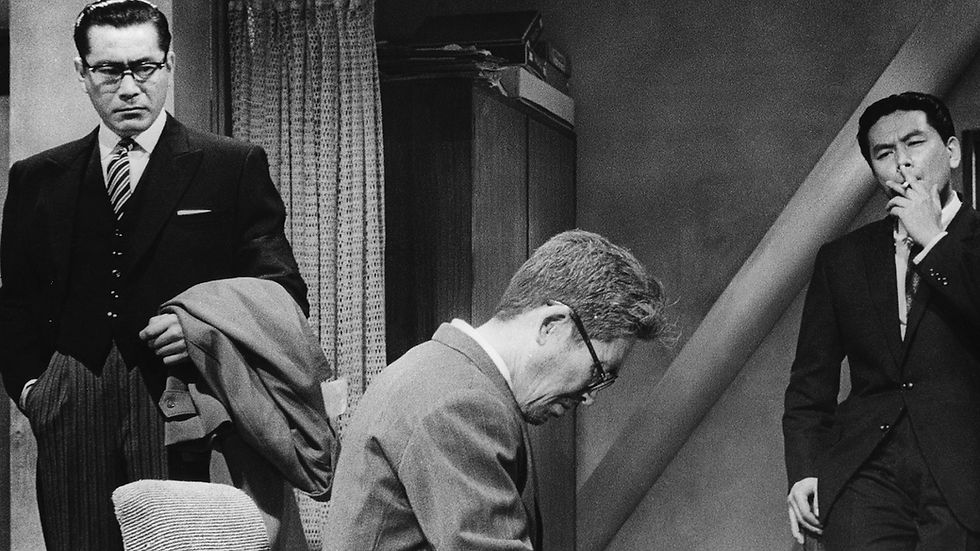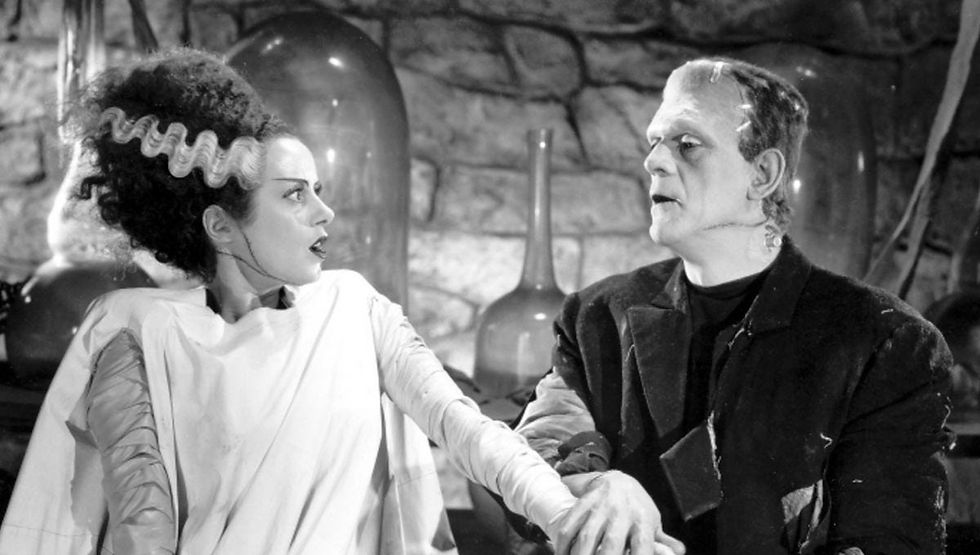TÁR (2022) Review - Dylan McCully
- Dylan McCully
- Sep 24, 2023
- 3 min read
Written by Dylan McCully, 10/22/22
Dylan McCully's Cinema: https://www.imdb.com/list/ls521125877/

Tár is a thought-provoking exercise in subtle storytelling. It deliberately puts the true narrative near the background for the first two acts, replacing it with choices: each choice made by each character slowly shapes revelations that build to the climax in the third act, which is an excellent feat of filmmaking for a modern movie. No, it won't revive cinema, but yes, it will make you think.
Tár is offputting at first. It starts with an interview with Lydia Tár (played by Cate Blanchett), giving an incredibly detailed rundown of her elustrious career and awards. The dialogue is pretentious schmuck that namedrops contemptorary classical composers left and right. The audience, except for the experts on classical history, will feel behind. Don't worry, though, by the end none of those details truely impact the story. This is likely deliberate, as the importance of those scenes is in how the characters speak, and the context they say it in. The film makes use of incredibly fluid camera motion for a story that's mostly characters talking, but in this first conversation Lydia Tár has, the shots are limited to your average shot/reverse shot. As the story develops and as the character dynamics change, the cinematography becomes more consistantly interesting. The only problem I have with the visuals of the film is the grading, but that's more of a modern day movie problem then a specific choice here. We see Cate Blanchett teach a class on classical symphonies, and words that may seem controversial are misconstrued, leading to an angry student walking out. This represents an instance of the true subtext of the film, which is an observation on cancel culture. I don't think (at least on a first viewing) the film is speaking necessarily against it or for it. This is because Lydia starts to delete and avoid messages from a composer in emotional peril, a former associate named Krista, which leads Krista to commit suicide. Lydia also starts a sort of relationship with a young cello player, who gets a part in the symphony that everyone suspects is for foul reasons. Eventually, the public and people close to Lydia start rumors about her which inevitably causes her downfall. The film is more of a statement on how a celebrity may deal with the cancellation rather than trying to persuade the audience one way or another. I believe Todd Field made the right choice in that, and he explores modern topics with more gravitas than usual filmmakers would. There are effective uses of surrealism which aren't harped on in the film that metaphorically speak for the internal feeling of the character. I wish that more movies would use this technique of representing internal conflicts instead of having characters state exactly what they're feeling aloud. I didn't even mention all the plot points, such as the transactional relationship between Lydia Tár and her wife, or how she treats her assistant. I won't spoil what happens near the end, but think Joker.
The film's slow pace at first intrigued me, than bored me, than excited me, but somehow manages to remain tonally consistent. I think the film should have been cut down to two hours; what do you cut? Maybe some of the extraneous stuff in the first hour. For the most part, scenes build off of each other and create a character piece that is brilliantly acted by Blanchett, but it's also an exploration into an artist's obsessions and the hypocrisy of modern society which in the end always falls to the same flaws they point to in the old society. Tár's complexity makes me want to rewatch it, but it's self-indulgence in specific scenes makes me feel the opposite. I would recommend it to those who are tired of blockbusters and want subtlety instead of fights against CGI monsters. Also an important message to filmmakers: stop inserting your foot fetish into movies. 8.5/10






Comments